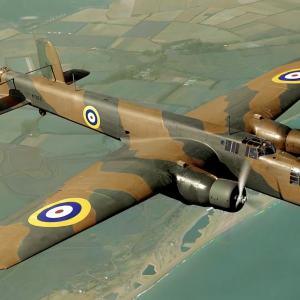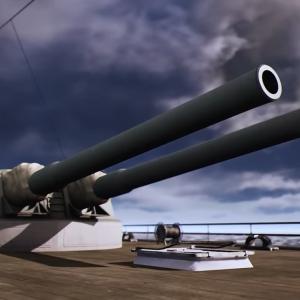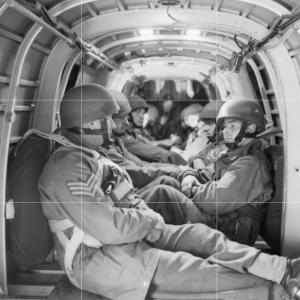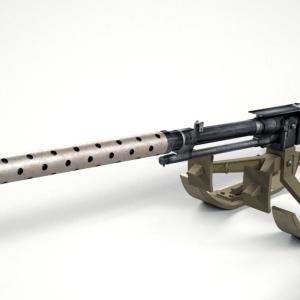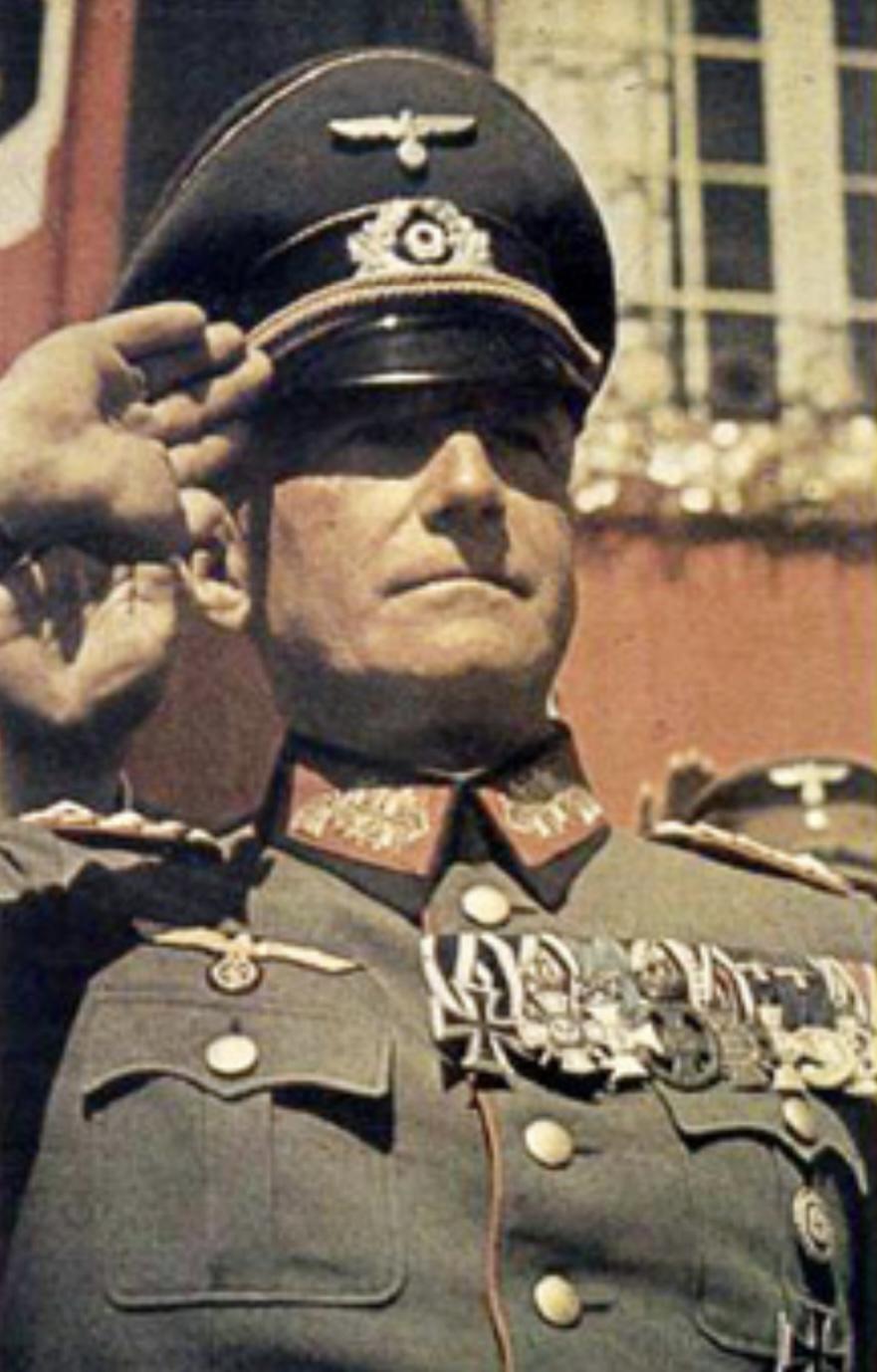
Walter Von Brauchitsch
Walther von Brauchitsch was a prominent German field marshal who played a significant role in the early stages of World War II, most notably as the Commander-in-Chief of the German Army during the invasion of Poland in 1939. Born on October 4, 1881, into a Prussian military family in Berlin, Brauchitsch was steeped in the traditions and discipline of the German officer corps from an early age. His father was a cavalry general, and Walther followed in his footsteps by enrolling in the Prussian military academy, where he developed a reputation as a capable and ambitious officer.
His early career was marked by steady progression through the ranks, and he served with distinction during World War I. After the war, he remained in the much-reduced Reichswehr, the limited army permitted to Germany under the Treaty of Versailles. Despite the constraints of the postwar years, Brauchitsch continued to advance, benefiting from his professionalism, political neutrality, and deep connections within the military elite. By the mid-1930s, he was recognized as one of the more competent and modern-minded officers in the German Army.
In 1938, at the height of political intrigue within the German military, Adolf Hitler appointed Brauchitsch as Commander-in-Chief of the Army, replacing the powerful and outspoken Werner von Fritsch, who had fallen out of favor with the Nazi leadership. Although Brauchitsch was not a member of the Nazi Party, he accepted the role with the understanding that it was crucial for the preservation of the army's interests and its autonomy under the increasingly assertive Nazi regime. Once in command, Brauchitsch found himself in a delicate position—balancing the professional ethos of the German General Staff with the political demands and ambitions of Hitler.
During the planning and execution of the invasion of Poland in September 1939, Brauchitsch oversaw the operational aspects of the campaign, which was characterized by the first major use of the Blitzkrieg tactic—a fast-moving, coordinated assault involving airpower, mechanized infantry, and tanks. The campaign was devastatingly effective, overwhelming Polish defenses in just over a month. While Brauchitsch contributed to the technical coordination of the invasion, strategic direction and final decisions rested increasingly with Hitler himself. This marked the beginning of a trend where the professional military leadership saw its authority eroded by the Führer’s personal control.
Brauchitsch's role in the Polish campaign was that of an executor rather than an architect of grand strategy. Though he was involved in logistical planning and the deployment of forces, his deference to Hitler's will meant that he rarely challenged decisions, even when they ran counter to military logic. After Poland, Brauchitsch continued to serve as commander during the invasions of France and the Low Countries in 1940, operations that further boosted the Wehrmacht’s prestige. However, tensions between Brauchitsch and Hitler grew as the war expanded, particularly during the brutal and complex campaign on the Eastern Front following the invasion of the Soviet Union in 1941.
By late 1941, as the German advance stalled outside Moscow and the harsh Russian winter took its toll, Hitler’s dissatisfaction with his generals peaked. Brauchitsch, suffering from a heart condition and deeply fatigued by the pressures of command, was dismissed in December 1941. His removal marked a crucial moment in the war: Hitler took personal command of the army, effectively centralizing military power in his own hands and diminishing the role of the General Staff.
After his dismissal, Brauchitsch retired to civilian life and did not hold another military post. At the end of the war, he was captured by British forces and was slated to be a defendant at the Nuremberg Trials for his role in enabling the Nazi war machine. However, he died of pneumonia on October 18, 1948, before he could be brought to trial. His legacy remains complex. On one hand, he was a skilled and experienced military officer who tried to maintain the professionalism of the German army in an era of radical political transformation. On the other, his willingness to accommodate and ultimately serve the goals of the Nazi regime implicates him in the broader crimes of aggression and occupation, particularly in Poland, where atrocities and repression followed the military conquest he helped lead


